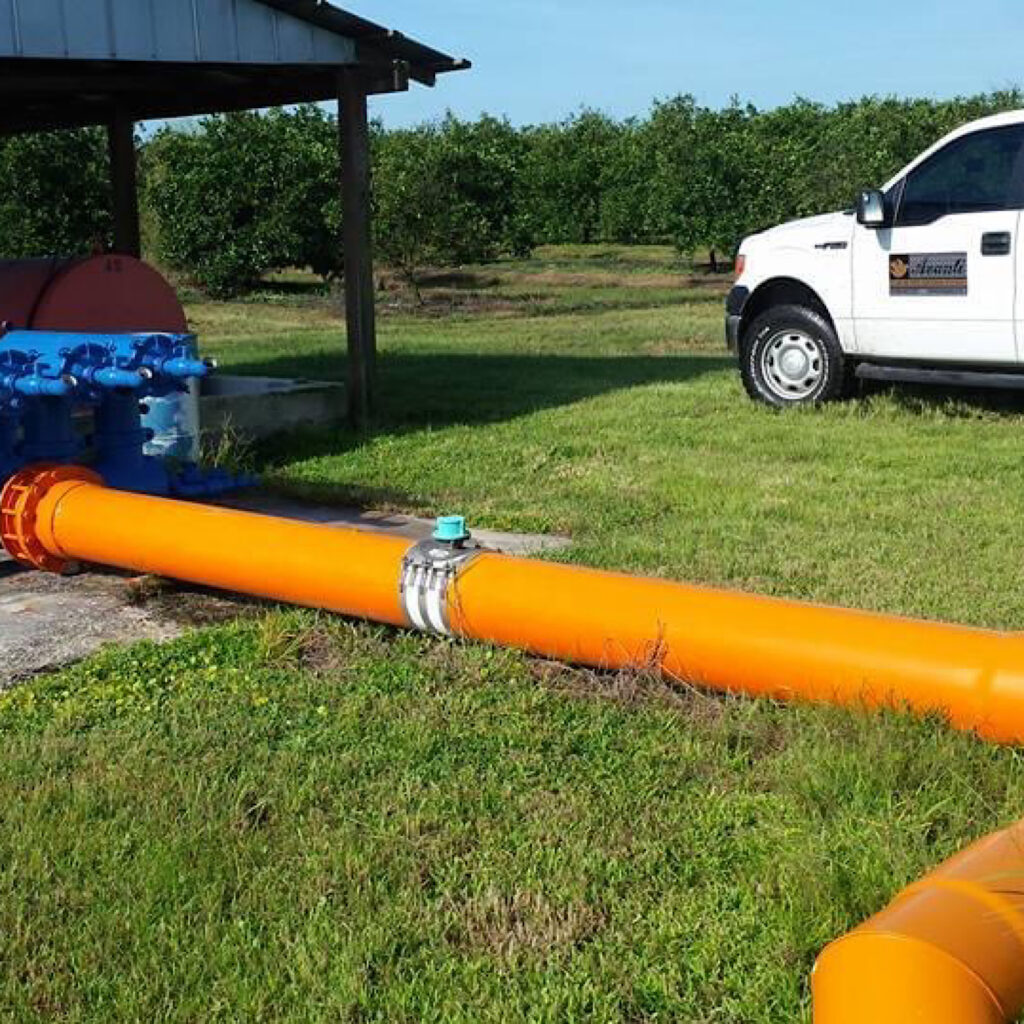
Identifying lost water begins with selecting a flow measurement method. Depending on the application, a number of flow measurement techniques are available. In closed pipe systems, they can include orifice, mechanical, ultrasonic, and electromagnetic flow meters. Each of these procedures has its own advantages and disadvantages.
The second key factor is the measurement site. Many businesses do not measure in sufficient locations to have a complete picture of their network, resulting in knowledge gaps. Performing measurements as broadly as feasible provides utilities with the most information on the location and severity of water losses, information that may be utilized to design techniques and plans to address them.
Water pipes cross both towns and cities, as well as distant regions that may not be as simple to access, thus any instrument used to measure flow must be as simple as possible to install, use, and maintain. Consequently, electromagnetic flow meters are one of the most effective ways, as they offer a number of benefits, such as consistent precision and high dependability. Additionally, they are extremely reliable and may be utilized in a variety of settings.
In comparison to previous technologies, electromagnetic flow meters offer significantly improved accuracy. When testing for lost water, accuracy is crucial to distinguish between genuine use and leaks or other sources of lost water.
Lastly, another key advantage of electromagnetic flow meters is their dependability. Because they lack moving parts, they are less susceptible to the wear and tear that impacts mechanical designs. This, in turn, minimizes maintenance requirements and saves money by eliminating the need for upstream strainers to filter sediment.
To learn more about the Avanti Company and the services and products we provide, including on-site flow meter testing and collection system meters, please visit us online or call us at 800.284.5231.


